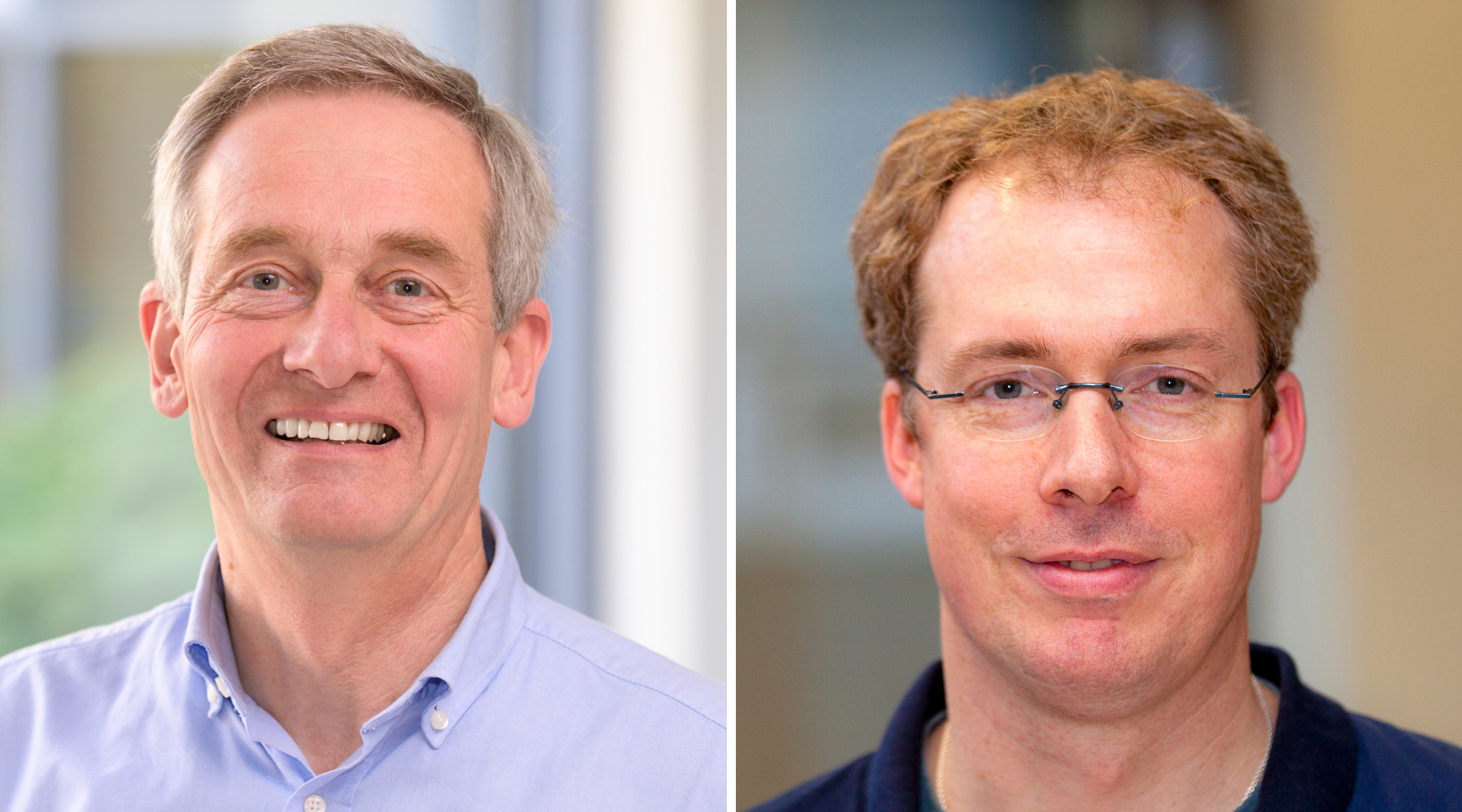People who have successfully mastered an infection with SARS-CoV-2 have various protective antibodies in their blood. Some of these substances are particularly effective. Detecting these highly potent antibodies, producing them genetically in the laboratory and then using them to protect against infection and to treat the disease – this is the goal of the team led by RESIST speaker Professor Schulz and MHH professors Blasczyk and Haverich. The Lower Saxony Ministry of Science and Culture is supporting this project with around 1.2 million euros.
“We are looking for antibodies that prevent the viruses from binding to human cells – i.e. that have a neutralising effect – and that can also recognise any variants of the virus that may occur,” says Professor Dr. Thomas Schulz, head of the MHH Institute of Virology and RESIST speaker. Such broadly neutralising antibodies are already being used successfully for HIV, for example, to suppress the proliferation of the HIV virus in the body.
The team will initially detect highly potent antibodies in blood samples of recovered patients. “We primarily need samples from people who have produced a particularly high number of protective antibodies after overcoming COVID disease. This is the case in ten to 15 percent of all patients,” says Professor Schulz. Such patients are recruited by Professor Dr. Rainer Blasczyk, head of the MHH Institute for Transfusion Medicine and Transplant Engineering, and Professor Dr. Axel Haverich, head of the MHH Clinic for Cardiac, Thoracic, Transplant and Vascular Surgery. Recruitment takes place among volunteers who provide their plasma and T-lymphocytes for the treatment of other COVID patients after they have overcomed the disease themselves. “The establishment of a COVID-19 recovery registry is an important component in pandemic control, both for the identification of effective antibodies and effective immune cells. We are observing an incredible variety of immune responses,” said Professor Blasczyk. Plasmas and T-cells are already available for therapy.
First, antibody-producing cells as B-lymphocytes are isolated from donated samples. Then the search begins for particularly effective antibodies, which – once found – are to be cloned in the laboratory using genetic engineering techniques – building on the expertise of RESIST researcher Professor Dr. Thomas Krey from the University of Lübeck. The generated antibodies will also be tested in animal models – by the team around Professor Dr. Albert Osterhaus, University of Veterinary Medicine Hannover, Foundation (TiHo). “A therapeutic agent made from genetically engineered antibodies can be available next year at the earliest,” says Professor Schulz.
The research team also receives blood samples from patients treated at the MHH from Professor Dr. Markus Cornberg, MHH Clinic for Gastroenterology, Hepatology and Endocrinology, and Professor Dr. Marius Hoeper, MHH Clinic for Pneumology.
Contact: Professor Dr. Thomas Schulz, Schulz.Thomas@mh-hannover.de, Phone +49 (0511) 532-6737

